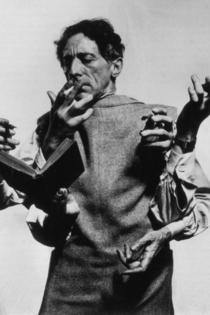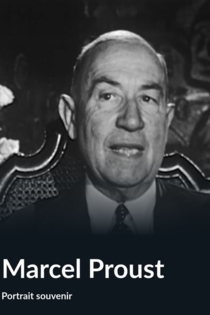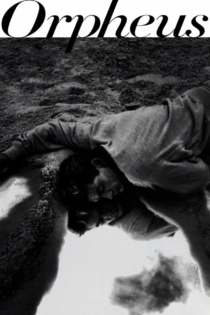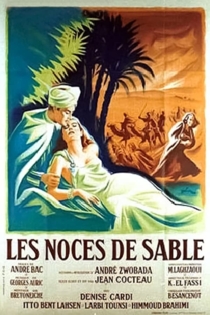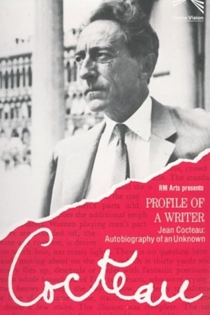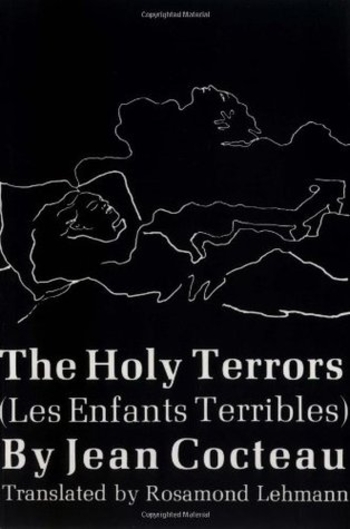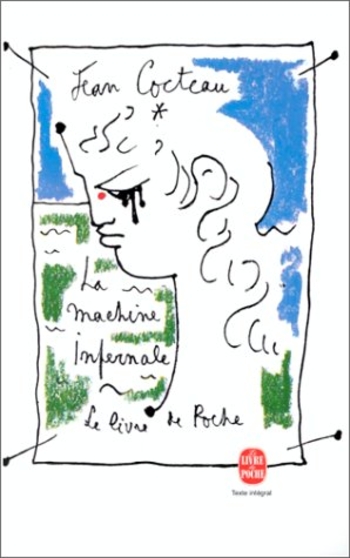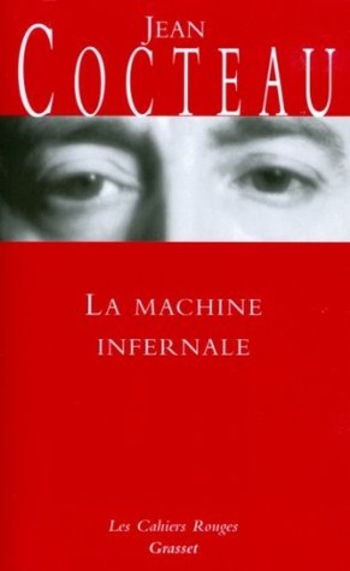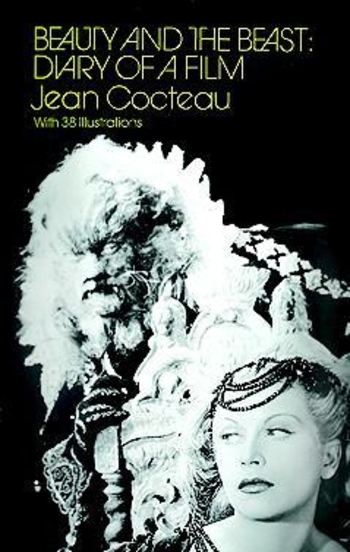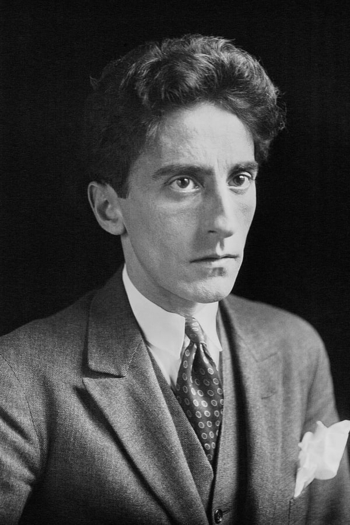
Jean Cocteau
1889 - 1963Jean Maurice Eugène Clément Cocteau (French pronunciation: [ʒɑ̃ kɔkto]; 5 July 1889 – 11 October 1963) was a French poet, novelist, dramatist, designer, boxing manager, playwright, artist and filmmaker. Along with other avant-garde artists of his generation (Jean Anouilh and René Char for example) Cocteau grappled with the algebra of verbal codes old and new, mise en scène language and technologies of modernism to create a paradox: a classical avant-garde.[citation needed] His circle of associates, friends and lovers included Kenneth Anger, Pablo Picasso, Jean Hugo, Jean Marais, Henri Bernstein, Marlene Dietrich, Coco Chanel, Erik Satie, María Félix, Édith Piaf (whom he cast in one of his one-act plays entitled Le Bel Indifferent in 1940), and Raymond Radiguet.
His work was played out in the theatrical world of the Grands Theatres, the Boulevards and beyond during the Parisian epoque he both lived through and helped define and create. His versatile, unconventional approach and enormous output brought him international acclaim.
Description above from the Wikipedia article Jean Cocteau, licensed under CC-BY-SA, full list of contributors on Wikipedia.
L'amitié noire
François Villiers, Germaine Krull
Jean Cocteau
"Black Friendship" - The commentary recalls that Radio Brazzaville was, from June 18, 1943, the contact of the French settlements and the metropolis, bush stations participate in the organization of the resistance.
L'Amitié noire

La belle et la bête
Jean Cocteau
Jean Marais, Josette Day
The story of a gentle-hearted beast in love with a simple and beautiful girl. She is drawn to the repellent but strangely fascinating Beast, who tests her fidelity by giving her a key, telling her that if she doesn't return it to him by a specific time, he will die of grief. She is unable to return the key on time, but it is revealed that the Beast is the genuinely handsome one. A simple tale of tragic love that turns into a surreal vision of death, desire, and beauty.
Beauty and the Beast
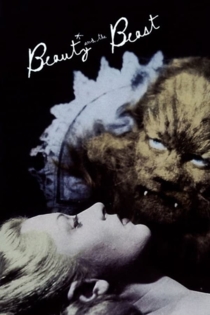
Callas Assoluta
Philippe Kohly
María Callas, Jean Cocteau
This revealing documentary from director Philippe Kohly examines the storied life of renowned soprano Maria Callas, from her troubled childhood in New York City to her scandal-laden but triumphant international career in opera. Featuring archival interviews with Callas herself and footage of contemporaries such as her lover Aristotle Onassis, this celebration of "La Divina" pays tribute to her enduring legacy some three decades after her death.
Callas Assoluta
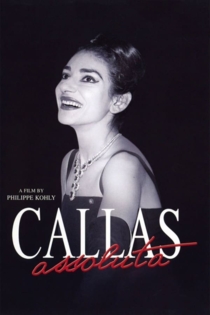
Steel Cathedrals
David Sylvian, Mao Kawaguchi
David Sylvian, Jean Cocteau
20 minute music documentary shot in two days of November 1984 in, and around the outskirts of, Tokyo, Japan. A large part of the music was completed during that same month and recorded over a period of three days.
Steel Cathedrals

The Blood of a Poet
Jean Cocteau
Enrique Rivero, Elizabeth Lee Miller
Told in four episodes, an unnamed artist is transported through a mirror into another dimension, where he travels through various bizarre scenarios. This film is the first part of Cocteau's Orphic Trilogy, which consists of The Blood of a Poet (1930), Orpheus (1950) and Testament of Orpheus (1960).
The Blood of a Poet
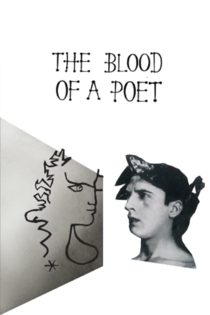
Testament of Orpheus
Jean Cocteau
Jean Cocteau, Edouard Dermithe
Outside time and reality, the experiences of a poet. The judgement of the young poet by Heurtebise and the Princess, the Gypsies, the palace of Pallas Athena, the spear of the Goddess which pierces the poet's heart, the temptation of the Sphinx, the flight of Oedipus and the final Assumption. This film is the third part of Cocteau's Orphic Trilogy, which consists of The Blood of a Poet (1930), Orpheus (1950) and Testament of Orpheus (1960).
Testament of Orpheus
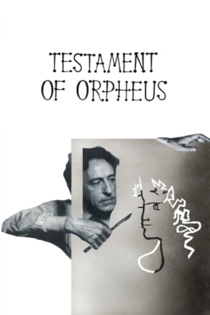
Cocteau - Al Brown: le poète et le boxeur
François Lévy-Kuentz
Panama Al Brown, Jean Cocteau
Portrait of Panama Al Brown, a great boxer in the 30's, and its story with France, with a focus on its relationship with Jean Cocteau, surrealist, poet, director, artist.
Cocteau - Al Brown: the Poet and the Boxer
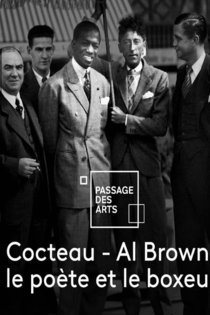
Les Enfants terribles
Jean-Pierre Melville
Nicole Stéphane, Edouard Dermithe
Elisabeth and her brother Paul live isolated from much of the world after Paul is injured in a snowball fight. As a coping mechanism, the two conjure up a hermetic dream of their own making. Their relationship, however, isn't exactly wholesome. Jealousy and a malevolent undercurrent intrude on their fantasy when Elisabeth invites the strange Agathe to stay with them -- and Paul is immediately attracted to her.
Les enfants terribles
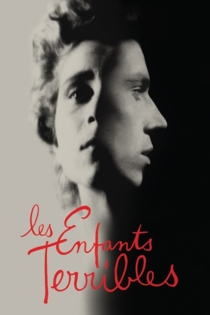
Les parents terribles
Jean Cocteau
Jean Marais, Josette Day
Young Michel is in love with the attractive Madeleine, so he decides to tell his parents of his intention to marry her. He thinks his announcement is innocent enough; his engagement, however, threatens to reveal dark secrets lurking within his family's home. Yvonne, Michel's overbearing mother, concocts an elaborate scheme to drive Madeleine away, thus keeping uncomfortable household truths from being exposed.
The Storm Within
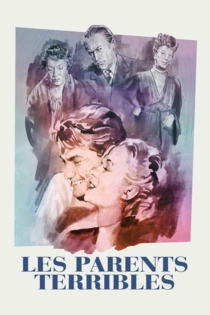
Traité de bave et d'éternité
Isidore Isou
Isidore Isou, Jean Cocteau
In this experimental film, Isidore Isou, the leader of the lettrist movement, lashes out at conventional cinema and offers a revolutionary form of movie-making: through scratching and bleaching the film, through desynchronizing the soundtrack and the visual track, through deconstructing the story, he aims to renew the seventh art the same way he tried to revolutionize the literary world.
Venom and Eternity
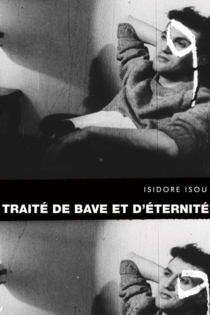
Jean Cocteau s'adresse... à l'an 2000
Jean Cocteau
Jean Cocteau
Just a couple of months before his death, in August 1963, he made one last film: a 25-minute short entitled Jean Cocteau s’adresse à l’an 2000 (Cocteau addresses the year 2000). The film comprises one still and highly sober shot of Cocteau facing the camera head-on to address the youth of the future. Once recorded, this spoken message for the 21st century was wrapped up, sealed and posted on the understanding that it would be opened only in the year 2000 (as it turned out, it was discovered and exhumed a few years shy of that date). If in The Testament Cocteau portrays himself as a living anachronism, a lonesome classical modernist loitering in space-time in the same buckskin jacket and tie while lost in the spectral light of his memories, here he acknowledges explicitly the irony of his phantom-like state: by the time the viewer sees this image, he, J. C., our saviour Poet, will long be dead.
Jean Cocteau Addresses the Year 2000
